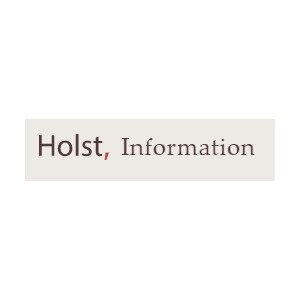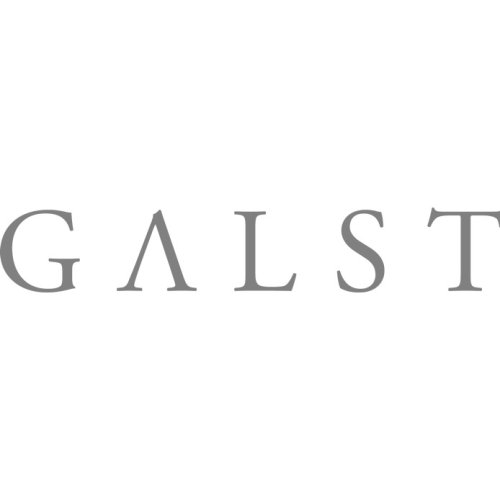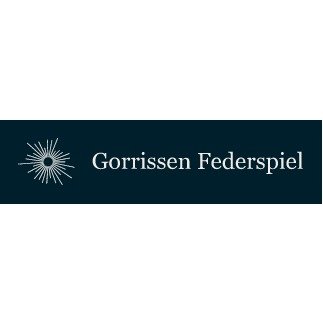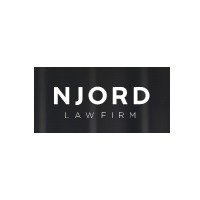Best Mining Law Lawyers in Copenhagen
Share your needs with us, get contacted by law firms.
Free. Takes 2 min.
List of the best lawyers in Copenhagen, Denmark
About Mining Law in Copenhagen, Denmark
Mining law in Copenhagen, Denmark, governs the exploration, extraction, and management of minerals and other geological resources. While Denmark is known for its clean environment and green policies, certain types of mining and quarrying still occur, especially for construction materials, minerals, and aggregates. The legal framework regulates licenses, environmental protection, landowner rights, worker safety, taxation, and the restoration of affected land. Understanding these rules is essential for individuals and companies aiming to operate or invest in the mining sector within the City of Copenhagen or Denmark generally.
Why You May Need a Lawyer
Mining law is a complex field that intertwines with environmental law, property rights, and business regulations. You may need a lawyer in situations such as applying for an exploration or extraction license, negotiating land access or compensation agreements with landowners, addressing environmental compliance, or appealing decisions from regulatory authorities. Further, if there are disputes related to mining rights, liability for environmental damage, or safety violations, legal counsel can provide essential support. Lawyers specializing in mining law can also assist in handling contracts, navigating local and EU regulations, and staying compliant with rapidly-evolving rules.
Local Laws Overview
Mining activities in Copenhagen and Denmark are primarily regulated by the Mineral Resources Act (Råstofloven), along with environmental and land planning legislation. The key aspects of these laws include:
- Licensing requirements for exploration and extraction
- Environmental impact assessments and ongoing monitoring obligations
- Protection of wildlife and natural habitats
- Rules on landowner permissions and compensation
- Restoration and rehabilitation duties after mining operations conclude
- Health, safety, and labor standards for workers
- Reporting and record-keeping requirements
- Oversight from municipal and national authorities, including the Danish Ministry of Climate, Energy and Utilities
- Potential EU regulations affecting mining, due to Denmark’s EU membership
Operating without the appropriate legal approvals or violating conditions can result in administrative sanctions, fines, or criminal proceedings. Being proactive about compliance is vital for anyone involved in mining activities in Copenhagen.
Frequently Asked Questions
What types of mining are permitted in Copenhagen?
Most mining in or around Copenhagen focuses on aggregates, gravel, sand, and other materials for construction. Large-scale mining for metals or fossil fuels is generally not pursued within the municipality.
How are mining licenses obtained in Denmark?
Licenses are granted by local authorities, with input from national bodies, after a thorough application process. This involves environmental impact assessments, public consultations, and a review of the applicant’s technical and financial capacity.
Are there special environmental requirements for mining?
Yes, mining activities must comply with strict environmental regulations, including conducting impact assessments, regular monitoring, waste management protocols, and restoration plans for mined areas.
What happens if mining activities cause environmental damage?
The operator is liable for restoring the affected environment and may face fines or additional sanctions. Severe cases can lead to suspension of operations or legal actions for damages.
Do I need landowner permission for mining?
Yes, permission from the landowner is required, along with a formal agreement about compensation and the terms of land access before any mining can begin.
How are disputes related to mining resolved?
Disputes can be resolved through negotiation, mediation, or through formal proceedings in administrative bodies or courts, depending on the issue.
How does Danish mining law interact with EU law?
Danish law is influenced by EU directives, especially those related to environmental protection, workplace safety, and competition. In case of conflict, EU law generally prevails.
Are foreign investors allowed to participate in Danish mining?
Yes, foreign companies can apply for mining licenses, subject to the same regulations and requirements as Danish entities.
What taxes and royalties apply to mining operations?
Operators may be subject to royalties based on the extracted quantities, local taxes, and environmental fees, with specifics depending on the mineral and scale of the operation.
Can mining licenses be transferred or sold?
Licenses can sometimes be transferred, but only with approval from the relevant regulatory authority, which will review the qualifications of the new holder.
Additional Resources
For further information or assistance, consider these organizations and resources:
- Danish Ministry of Climate, Energy and Utilities (Klima-, Energi- og Forsyningsministeriet)
- Danish Environmental Protection Agency (Miljøstyrelsen)
- The Danish Geological Survey (GEUS)
- Copenhagen Municipality Planning and Environmental Departments
- Danish Law Society (Advokatsamfundet) for referrals to specialized lawyers
- Chambers of commerce and industry associations relevant to mining and raw materials
Next Steps
If you require legal advice or assistance in mining law in Copenhagen, start by identifying your specific needs. Gather all relevant documents, such as land agreements, license applications, or correspondence with authorities. Consider reaching out to a lawyer specializing in mining or environmental law for a consultation. They can advise you on your rights, responsibilities, and the best legal strategies to achieve your goals. Stay informed by reviewing the latest legal updates and guidelines from government agencies, and be proactive in complying with all applicable regulations to ensure your mining activities proceed smoothly and legally.
Lawzana helps you find the best lawyers and law firms in Copenhagen through a curated and pre-screened list of qualified legal professionals. Our platform offers rankings and detailed profiles of attorneys and law firms, allowing you to compare based on practice areas, including Mining Law, experience, and client feedback.
Each profile includes a description of the firm's areas of practice, client reviews, team members and partners, year of establishment, spoken languages, office locations, contact information, social media presence, and any published articles or resources. Most firms on our platform speak English and are experienced in both local and international legal matters.
Get a quote from top-rated law firms in Copenhagen, Denmark — quickly, securely, and without unnecessary hassle.
Disclaimer:
The information provided on this page is for general informational purposes only and does not constitute legal advice. While we strive to ensure the accuracy and relevance of the content, legal information may change over time, and interpretations of the law can vary. You should always consult with a qualified legal professional for advice specific to your situation.
We disclaim all liability for actions taken or not taken based on the content of this page. If you believe any information is incorrect or outdated, please contact us, and we will review and update it where appropriate.

















